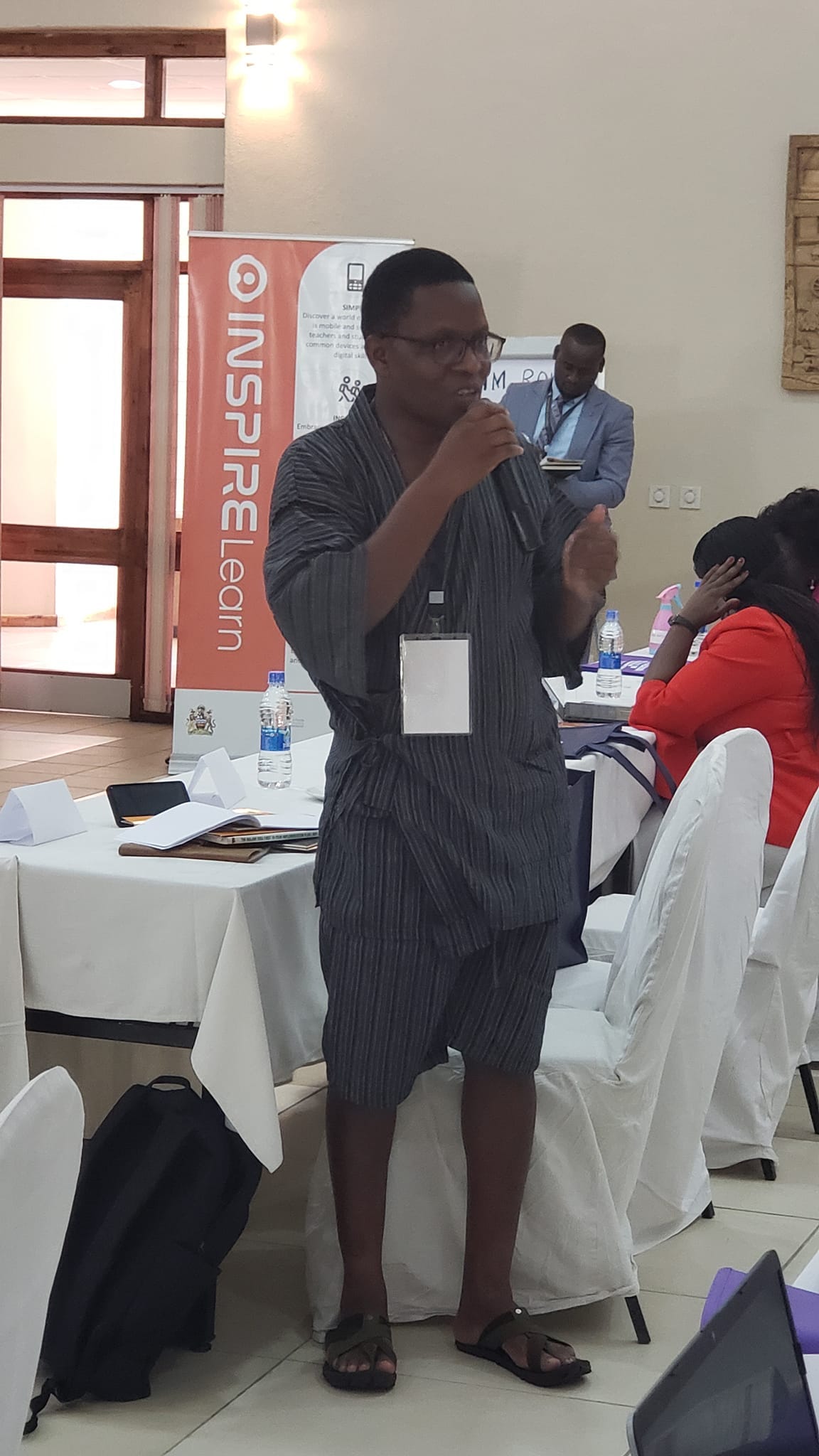Malawi Aims to Decolonize Education in Sweeping Curriculum Overhaul
As Malawi grapples with decolonizing its education system and aligning it with its development vision, the national curriculum review emerges as a pivotal endeavor, sparking robust debates and highlig
MANGOCHI, Malawi— Malawi is undertaking a sweeping overhaul of its national curriculum, with calls to decolonize education, promote indigenous knowledge, and align learning with the country's development goals resonating at a crucial review conference, writes Winston Mwale.
The National Curriculum Review Conference, which kicked off Monday in Mangochi, has drawn experts, policymakers and educators grappling with transforming Malawi's education system to meet modern needs while preserving cultural identity.
Prof. Mangani Katundu, Secretary for Education, officially opened the conference, emphasizing Malawi's national anthem as a guiding force – identifying enemies to fight, natural resources to utilize, and a call for unified purpose in serving and building the country.
"Coloniality of power, coloniality of language and coloniality of being influence teaching and learning," said Patrick Kapito, a University of Malawi lecturer and PhD student at the University of Cape Town.
"These colonialities are where rote learning comes from. Where banning of Chichewa and other Malawian languages comes from."
Kapito presented on "'Why learn about grasshoppers?': Designing syllabi for promoting teaching and learning for application," questioning the relevance of certain curricula divorced from practical applications.
Prof. Chomora Mikeka, Director of Science, Technology and Innovation at the Ministry of Education, was unequivocal in his keynote address: "Teaching about the bow and arrow is 1.0. It needs to stop. Teaching about farming using the hoe is 2.0. It needs to stop."
"We need to move to 3.0, Community Service, 4.0, Innovation, and 5.0, Industrialization," Mikeka asserted, presenting on "Technologies in learning and science, technology, engineering, arts and mathematics (STEAM)."
Mikeka revealed that a survey of 18,000 graduates found only 2.5% were in science, technology and innovation fields, with even fewer women. "We want everyone to be an innovator and an inventor. Everyone, not just a few," he said.
Rose Kalizang'oma, Deputy Director of Teacher Education, emphasized the need to rethink teacher training alongside curriculum changes.
She said: "Last week we were in Nairobi, and we paid a courtesy call on High Commissioner Callista Mutharika. She asked us about the type of teacher we are graduating. Two Malawian teachers went to teach in Kenya but were sent back for being too behind compared with Kenyan teachers."
Calls for decolonizing the curriculum were echoed by Prof. Richard Mkandawire, who cited Frantz Fanon's "Black Skin, White Masks" in lamenting the undermining of Malawian culture and values.
"The Malawi 2063 vision says we will revise our curriculum and instill ethics, entrepreneurship etc. into our people," he said.
However, concerns were raised about implementation costs and resource constraints.
Dr. Limbani Nsapato questioned, "At what cost? Most of our education projects are donor-funded."
He highlighted the need for stability at the Ministry of Education and the daunting task of providing 40 million textbooks to achieve a 1:1 student-book ratio from the current 5 million.
The conference also delved into issues like drug abuse in schools, citizenship education to manage conflict, and the lack of Islamic education in the curriculum.
"One thing that has not been mentioned is drug and substance abuse. This has damaged many students," said Feggie Mphasi Mwale, a headteacher.
"Most students who are violent and vandalize school property do so under the influence of drugs and alcohol. This needs to be taken seriously if we are to end vandalism in schools."
Dr. Valentino Zimpita, Deputy Director of Higher Education, presented on "Reforming the curriculum beyond academic achievements," focusing on the role of civics education in managing conflict.
He recommended "emphasizing the affective domain" beyond just academic achievement.
A question was also raised on why Islamic education is not included, despite Bible Knowledge being taught to Christian students.
As Malawi grapples with decolonizing its education system and aligning it with its development vision, the national curriculum review emerges as a pivotal endeavor, sparking robust debates and highlighting both aspirations and challenges in reshaping the nation's human capital.
*Thanks to Dr Steve Sharra for updates on social media.





Too late. Have we not had educationists all along? Have we not underrated Kukula ndi Mwambo as being inferior to Lord of the Flies? We actually need to decolonize the minds of Education managers and teachers first. Not the curriculum! Don't blame the curriculum, let's challenge those who have been managing our education systems. Their PhDs and Master's degrees are predominantly colonial biased! We need a client-focussed rather than expert-led agenda... Coz the experts are themselves "colonised" to the Western intellectual applications. The West will remain mighty coz they are in charge of the agendas. They design the menus and we are pretty much consumers of such menus. Period.